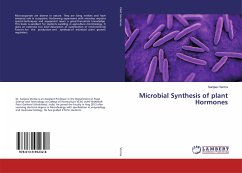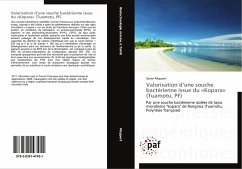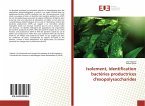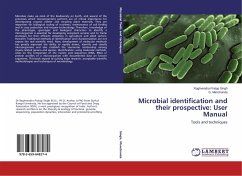Exopolysaccharides (EPSs) are defined as; biopolymers consisted of different sugar residues with high molecular weights, which offer better substitutional for synthetic polymers as they are biodegradable and nontoxic. Many microbes have the ability to synthesize and excrete EPSs with new chemical properties and structures qualifying them for valuable applications in various fields of life. The EPS-producing microbes are widespread in the numerous natural sources. They have been actually isolated from both aquatic and terrestrial environments, such as; freshwater, marine water, wastewater, and soils. They have been also isolated from extreme niches like hot springs, cold waters, halophilic environments, and salt marshes. Nowadays, microbial EPSs have been attracted the interest for their applications in the medicine, food, cosmetic and pharmaceutical industries, as well as to be used as bio-flocculants in the environmental sector because they are degradable and nontoxic.








